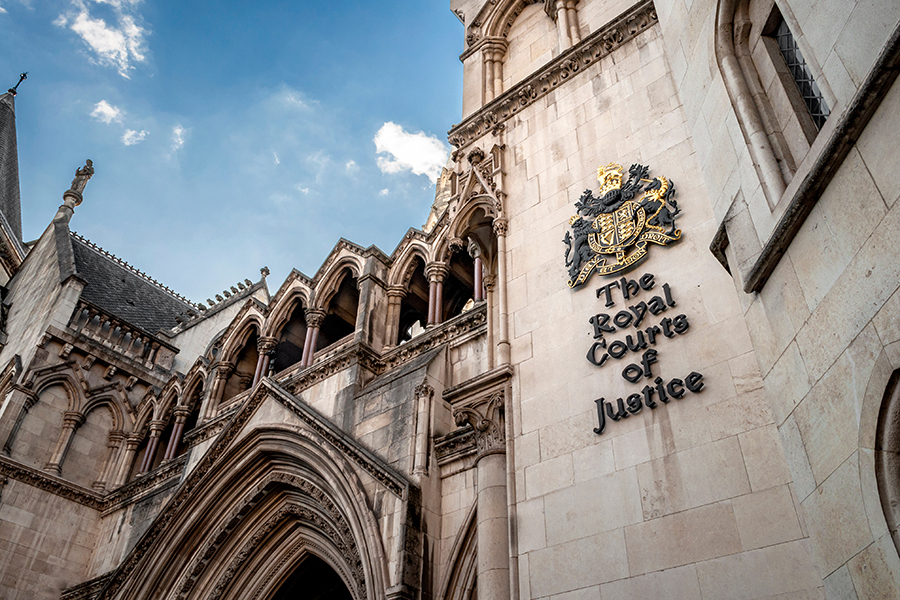
What does the UK government’s ‘unlawful’ net-zero strategy mean for businesses?
This week, the UK government’s net-zero strategy was found to be ‘unlawful’ by the High Court.
Action groups including Friends of the Earth, Client Earth and the Good Law Project won the case, arguing that insufficient detail on how proposed targets would be met was a breach of the government’s commitments under the Climate Change Act.
The UK government is now required to publish an updated net-zero strategy by the end of March, 2023.
This was yet another governmental balloon burst in a wave of global constitutional climate litigation cases leaving decarbonisation strategies washed up, in need of a refresh.
The global temperature
In 2015, a group of 21 young people, alongside an environmental organisation and ‘a representative of future generations’, took on the US government, seeking an order that would require it to produce a plan to phase out fossil fuels and reduce carbon emissions.
The case asserted that the United States Government violated rights under the US constitution. Despite the Court of Appeals of the Ninth Circuit rejecting the claim in 2020, the case continues as the plaintiffs pursue further action in district court, with varied success.
This action led to a documentary being made for Netflix, Youth v US, and a global surge of constitutional climate change cases being taken up by youth-led climate-action groups.
Australia, Germany, Ireland and now the UK governments, among others, have all lost high-profile cases when challenged by action groups on their commitment to a low-carbon economy.
The heat is on for businesses
Strategic and highly targeted litigation can come from many angles, with NGOs, investors and community action groups successfully holding companies and even governments to account for failing to action a clear and data-led plan.
Whether directly marked for legal action or running into liability from the fallout of constitutional cases, risk from litigation is a clear and present danger for businesses.
Annual financial and director reports, along with required disclosures, need substantive rigour, and organisations must be transparent in their proposals and actions.
Companies must get serious about climate-related risk and how to mitigate it by taking a science-based approach to decarbonise their own business model. Failure to do so could see the gavel come down on them.